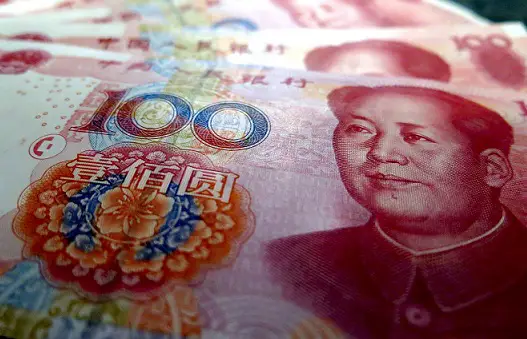Bloomberg is reporting that Chinese authorities have extended trading hours for the onshore yuan in an effort to promote the use of the national currency across borders, and boost yuan trading activity.
Beginning January 1st, there will be an increase in the trading hours for the onshore yuan, allowing foreign exchange transactions to be possible until 3AM in Beijing, instead of the current 11:30PM cutoff. The change will extend trading into the evening in Europe, and further into the day in the United States.
The measures are designed to strengthen previous initiatives the government launched which were intended to promote the use of the Chinese national currency to settle transactions with major energy exporters and suppliers of commodities. President Xi Jinping confirmed last month the country was prepared to make energy purchases in yuan instead of US dollars from the member states of the Gulf Cooperation Council (GCC).
While opening its markets has been planned by Beijing for some time, growing tensions with the United States over issues ranging from semiconductor technology restrictions, to Taiwan and Russia, as well as free trade, have caused growing concerns that Washington may deploy the US dollar’s dominance in international trade as a weapon against China.
Sweeping sanctions against Russia over the situation in Ukraine, which involved using the dollar’s dominance to try and shut Russia out of the global economy, and deny it the ability to monetize its massive energy industry, have only intensified China’s resolve to reduce or eliminate its use of the greenback in international trade.
Stephen Jen, the chief executive officer of London-based hedge fund Eurizon SLJ Capital, said in an interview with Bloomberg, “Beijing is trying hard to keep the yuan relevant as an international currency to counter recent geopolitical tensions and hostile sentiments, especially in the US.”
The announcement of the planned trading hour extension caused the yuan to rally to its strongest level in four months. Since November, the currency has advanced due to investor’s optimism the country was finally going to commence a full reopening following its elimination of its zero-Covid policies.

